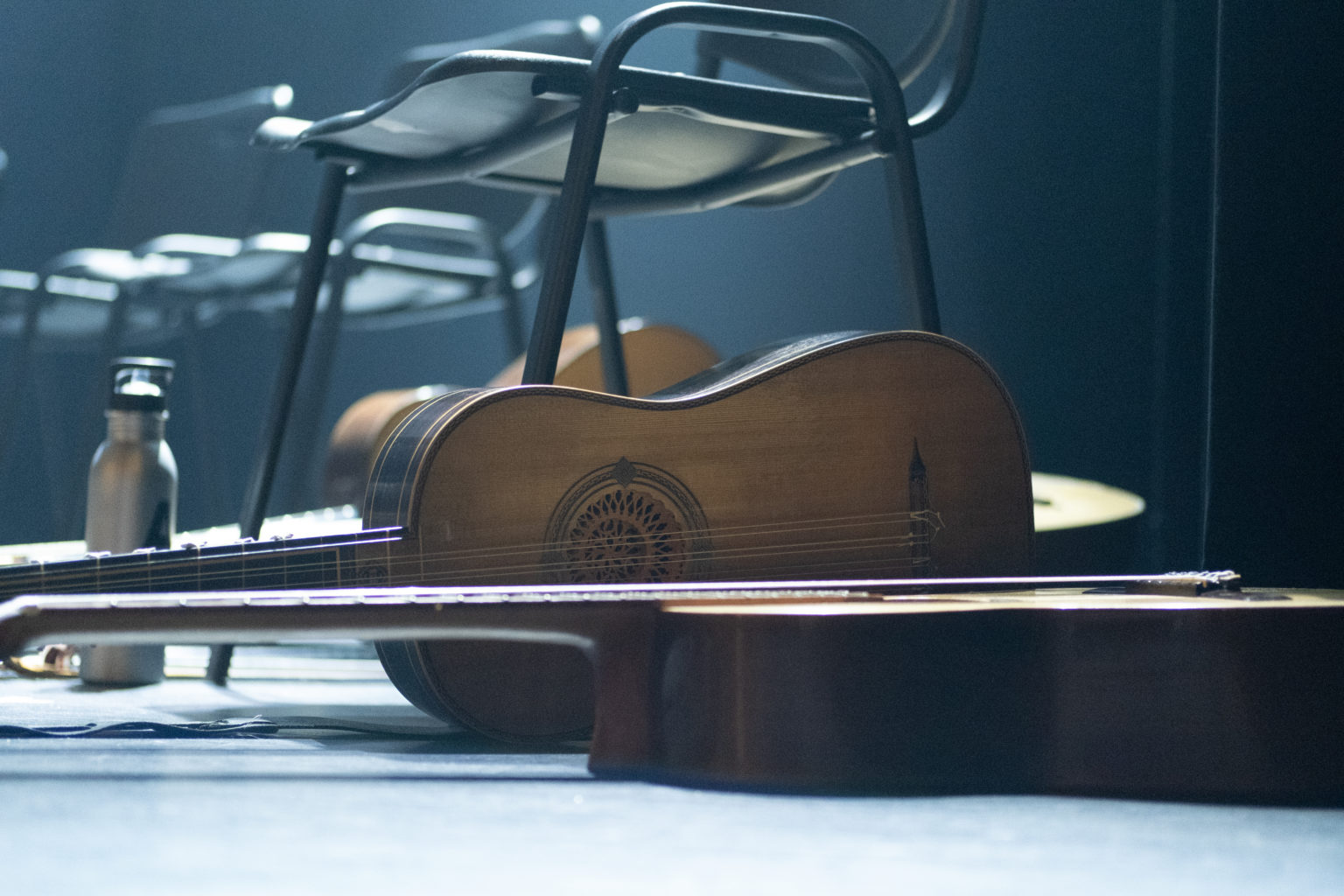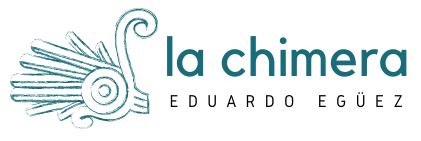Iguazú
DESCENDING THE RIVER PARANÁ
barbara kusa
Bïa Krieger
Luanda Siqueira
LIXSANIA FERNANDEZ MARRERO
Luis Rigou
Ensemble La Chimera
Eduardo Egüez – direction
Iguazú is a powerful word. Its etymology in guarani speaks of water’s grandeur, of the power of a river whose course is interrupted by colossal falls, the Garganta del Diablo (Devil’s Throat), which give birth, day after day, to centuries of Latin American history.
Just as the Andes mountains tower over the west of the continent, impassible bastions of the heights, so water rules the east and the plains, nourishing the earth, washing wounds and giving birth to rivers. They in turn become veins in which flow not only water but also the blood of former masters of arrows and foreign colonisers.
Paraná, Paranaiba in the north and Paraná de las Palmas in the south, Pilcomayo, Bermejo, Uruguay and Iguazú… What beautiful names! What fertility and wealth! All these rivers were the setting for and bore witness to the coexistence of so many local tribes with Europeans and Africans imported and settled by Portuguese and Spanish colonisers. The Tupi-Guarani, Tomonimes, Cayapos, Chaná, Charrúas, Querandíes, Toba and many other ethnic groups, along with Spanish, Portuguese, Africans and, later, Poles, Ukrainians, Russians and other peoples from eastern Europe, fashioned a cultural identity which now occupies southern Brazil, Paraguay and north-eastern Argentina.
From the spectacular achievements of the Compañía de Jesús with Guarani tribes in the San Ignacio Guazú and Miní missions to the music composed by much later immigrants from eastern Europe, the Paraná and its tributaries are masters of their own musical forms, such as the guaraña, the polca or the galopa, the chamamé, the rasguido doble and the chamarrita, culminating in their final phase in the unrivalled milongas and tangos of the Río de la Plata.
In this programme you will notice, as is so often the case in these parts of the world from which I come, the constant interchange between sacred and secular, folk and high art, the oral tradition of musical transmission and the music written down by Jesuit hands. You will also sense the infinite secret nuances of colour and rhythm exchanged between the cultures crossed and nourished by these great rivers.
La Chimera invites you to take your place in the musical canoe that will be borne away on the slowly moving current of these majestic watercourses with their songs and their charms, past and present.
Eduardo Egüez
listen
Galerie
actus sur ce programme

IGUAZÚ: New Album Coming Soon
Iguazú: Infinite Shades Of South America. FROM JESUIT MISSIONS TO MILONGAS ALONG SOUTH AMERICAN RIVERS … NEW ALBUM TO BE RELEASED ON 18 MARCH. Discover
Plus d'informations sur ce programme ?
n'hésitez pas à nous envoyer un e-mail, un SMS ou à nous appeler :

